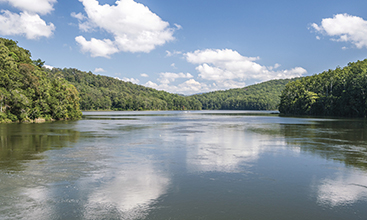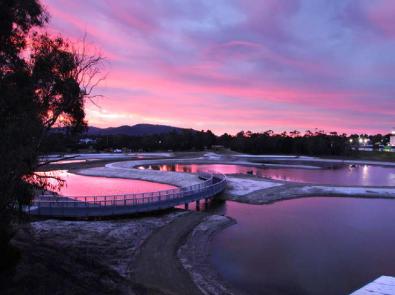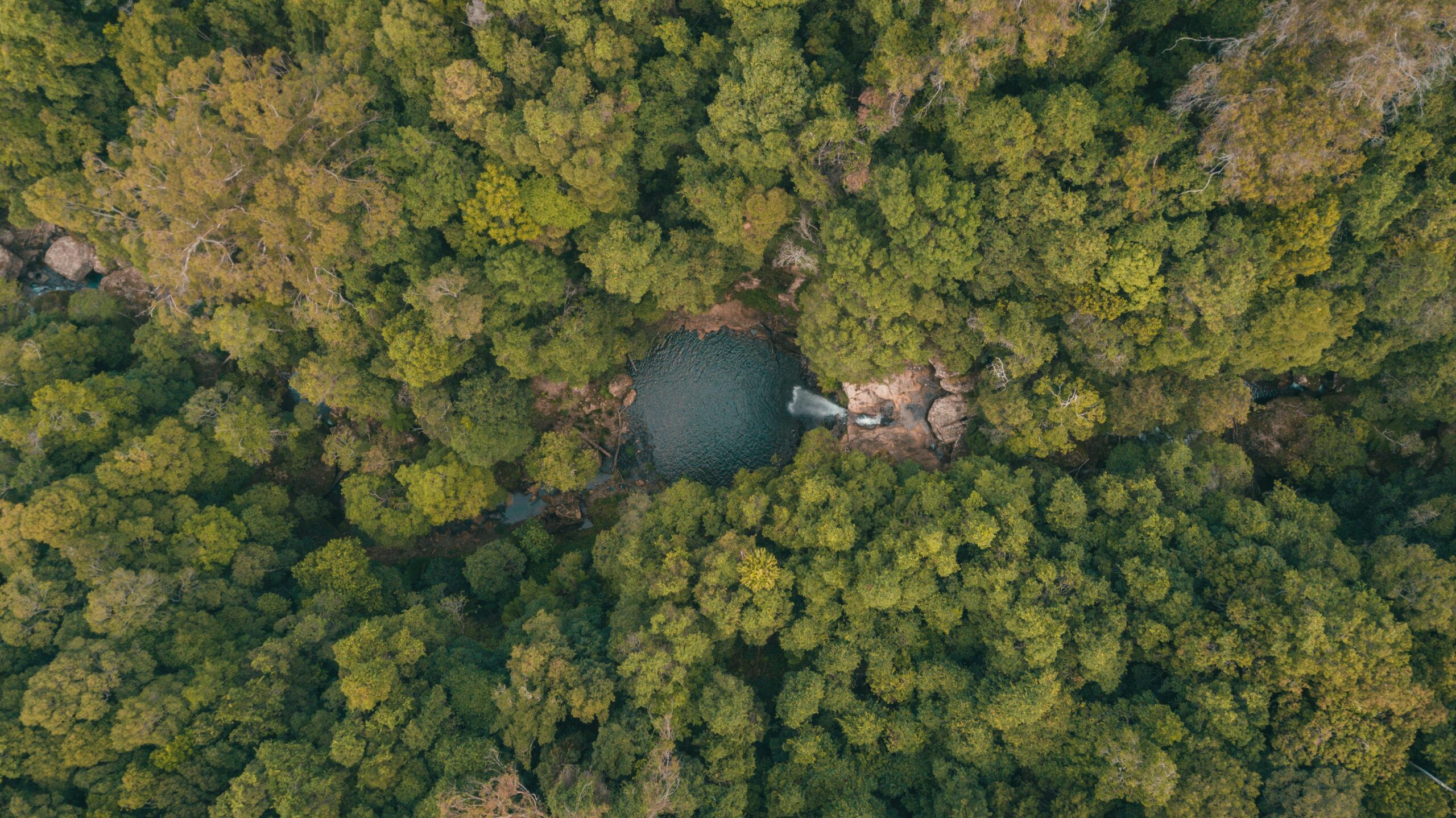Water Resource Situational Analysis for Central Queensland and Hunter Regions
Alluvium led a Water Resources Situational Analysis for BHP in the Hunter region, bringing together Traditional Owners, stakeholders, and science to identify shared water challenges and guide collaborative, context-based solutions for a more water-resilient future.

The Hunter region’s waterways are essential to local communities, ecosystems, and industries, yet they face growing pressures from historical and current land use, climate change, and cumulative environmental impacts. Managing these challenges requires a holistic, inclusive approach that integrates First Nations knowledge, community values, and stakeholder collaboration to ensure a sustainable future.
As part of its global water stewardship commitment, BHP commissioned a Water Resources Situational Analysis (WRSA) to identify priority shared water challenges in the regions where it operates. Developed by Alluvium in partnership with the University of Newcastle, the WRSA used stakeholder engagement and publicly available data to assess water risks and guide context-based water targets aimed at enhancing water resilience.
A key result of the WRSA was bringing stakeholders together—including Traditional Owners—to discuss shared challenges and foster collective action and investment. It assessed groundwater and surface water flows, groundwater-dependent ecosystems, and cultural values, alongside regulatory and hydrological factors.
The WRSA is one of three interrelated projects informing BHP’s water stewardship strategy, alongside the Catchment-level Risk Assessment (CRA). Together, these efforts help drive collaborative water management solutions for a more sustainable and resilient Hunter region.


